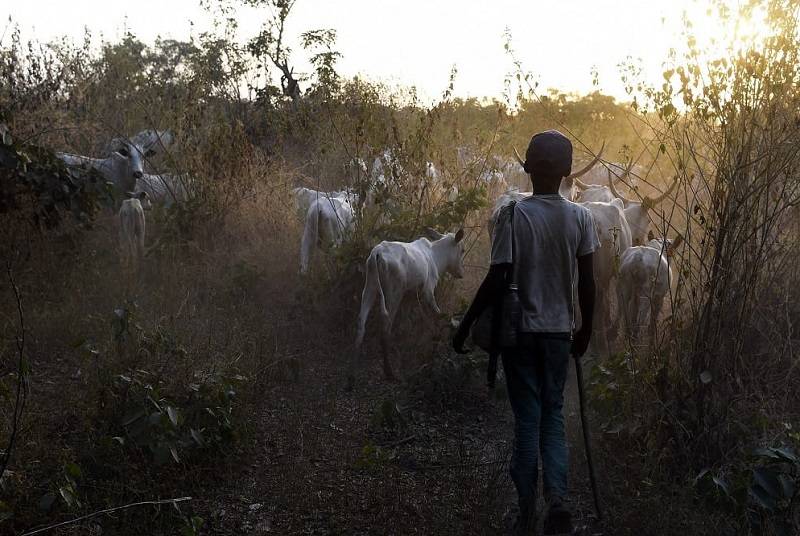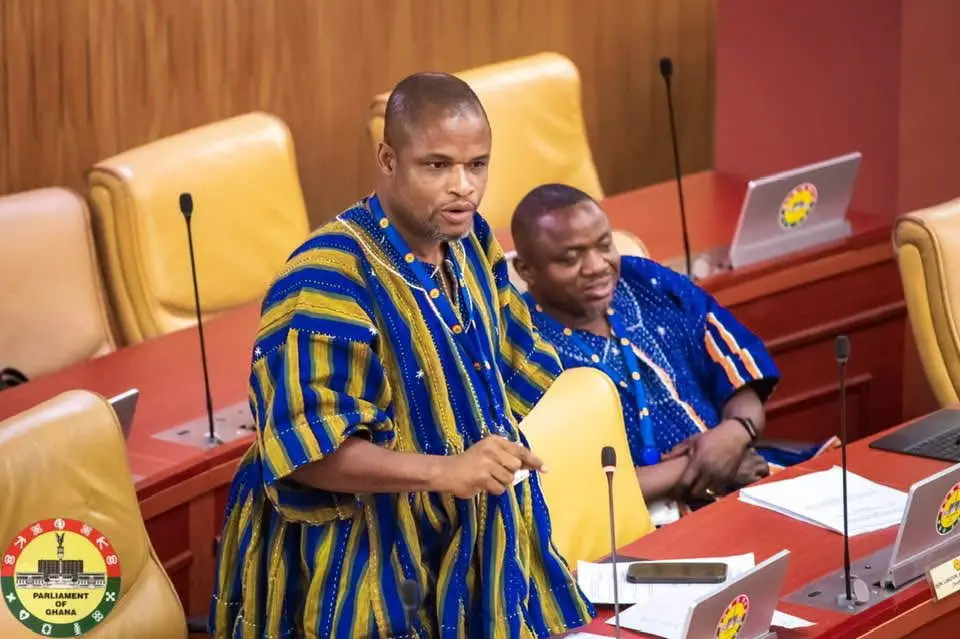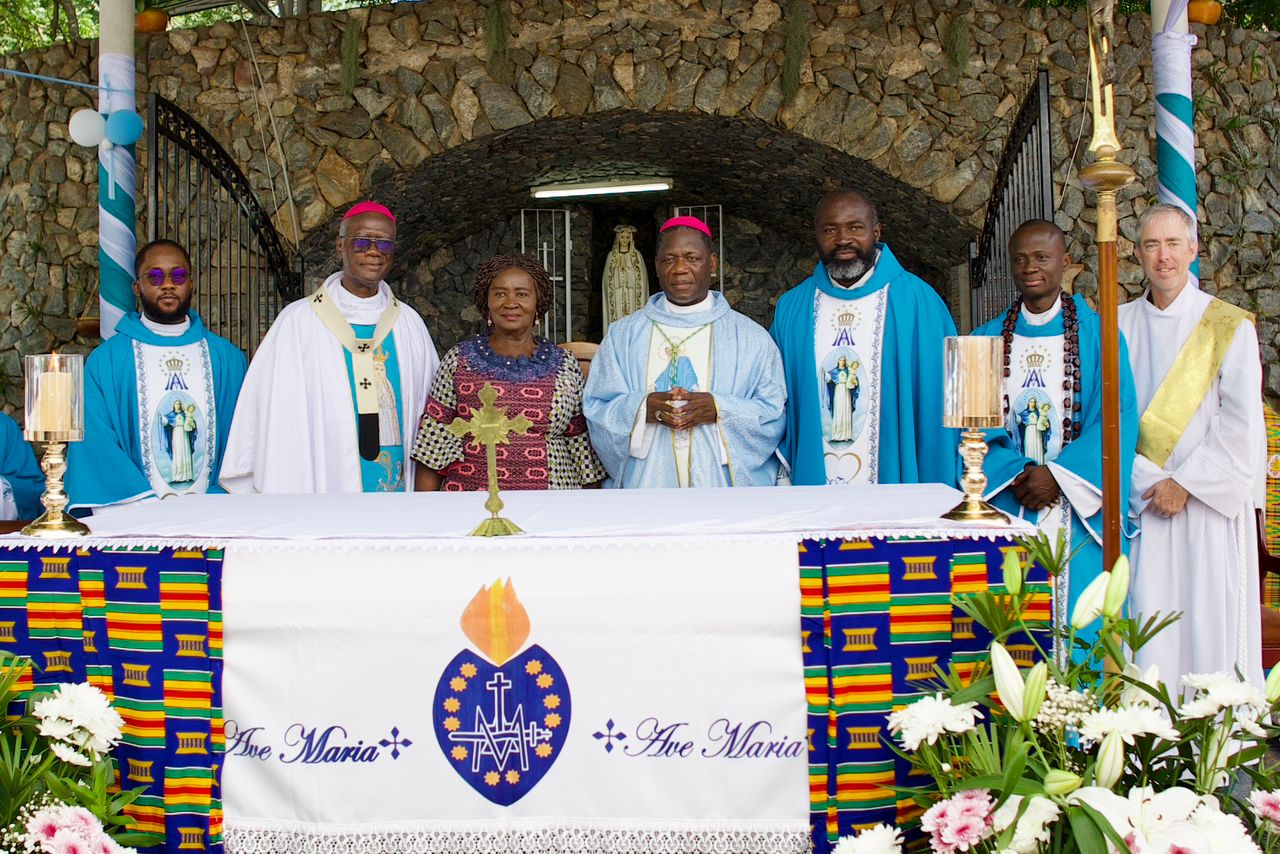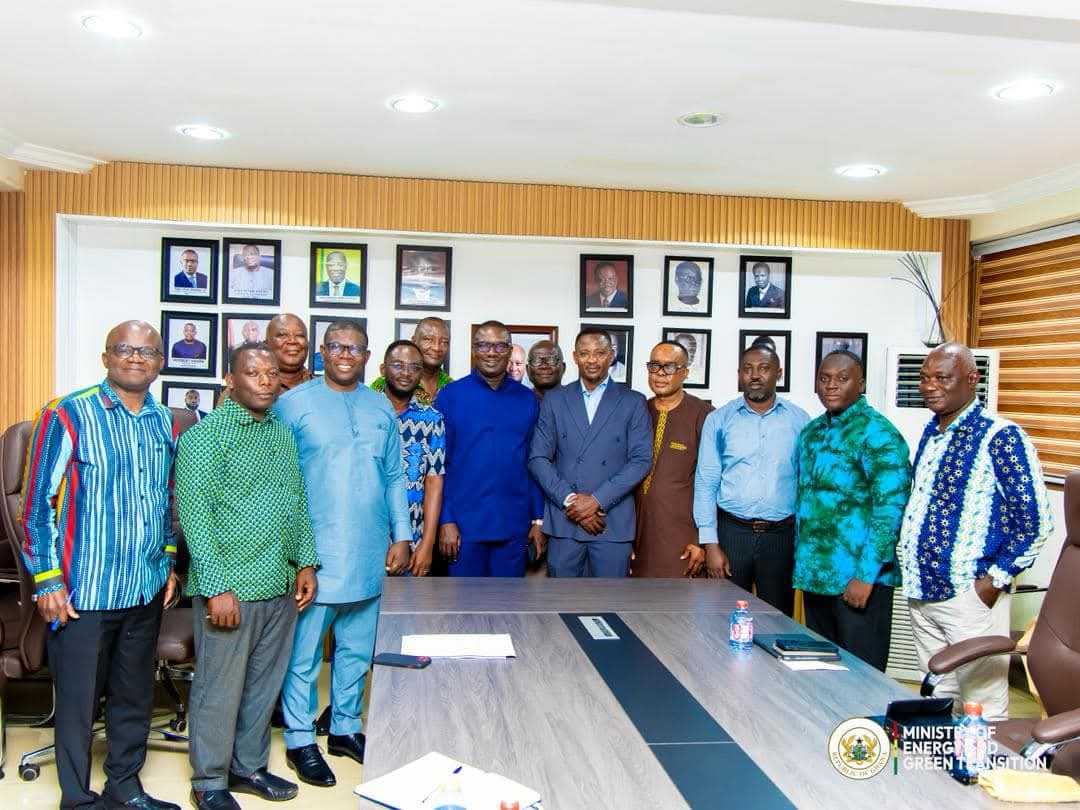
In a keynote that blended uncomfortable truths with moral clarity, Professor Douglas Boateng, Africa’s first Professor Extraordinaire in Supply and Value Chain Management, declared that “the destiny of the planet is no longer decided in parliaments or protest grounds, but in boardrooms.”
Delivered under the theme “The Green Horizon: When Boardrooms Decide the Fate of the Planet,” the speech was a reflective, data-driven, and at times satirical examination of how corporate and public-sector governance choices are silently shaping humanity’s ecological future.
Boardrooms: Humanity’s New Parliaments
Professor Boateng reminded global and African leaders that governance must now extend beyond compliance to conscience, arguing that industrialisation and sustainability are inseparable twins.
“The Earth does not send invoices,” he said, “but one day it will collect interest — with compounded consequences.”
He challenged policymakers, directors, and investors to embed Environmental, Social, and Governance (ESG) principles into corporate DNA, not as fashionable jargon but as measurable ethical obligations.
According to the IMF, environmental degradation costs developing economies up to 5% of GDP annually, while in sub-Saharan Africa, climate-related disasters have pushed more than 30 million people into extreme poverty in the past decade.
“Every drought, every flood, and every polluted well,” Professor Boateng cautioned, “is a receipt for governance failure.”
Africa’s Paradox and Potential
Citing the continent’s vast endowment of 60% of global solar potential and 30% of known mineral wealth, Professor Boateng lamented the irony that Africa still imports finished goods made from its own resources — often extracted at severe environmental cost.
“From Ghana’s poisoned rivers to Zambia’s abandoned mines, the tragedy is the same,” he observed. “Wealth beneath, poverty above.”
Yet he painted a hopeful horizon, asserting that Africa can lead the world’s green industrial revolution if governance becomes disciplined, transparent, and long-term in vision.
Examples of progress, he noted, already exist:
- Kenya’s plastic ban cut marine waste by 70%.
- Ethiopia’s tree-planting drive yielded 4 billion new trees.
- South Africa’s recycling sector employs over 60,000 people.
- Ghana’s solar initiatives could reduce household emissions by 30% by 2030.
“These are not miracles. “They are milestones — proof that when governance works, the environment win ,” he said.
Governance: The Conscience of Capitalism
Professor Boateng described governance as “the conscience of capitalism,” warning that when conscience is outsourced, greed becomes policy and negligence becomes culture.
With characteristic humor, he added, “We plant trees for photo shoots, not for oxygen. We hold sustainability summits in hotels powered by diesel generators. We have become experts at public relations and amateurs at preservation.”
He argued that ESG is not a Western import but an African inheritance, rooted in the continent’s ancient principle of harmony between people and nature. “True sustainability,” he said, “is not what we build — it is what we refuse to destroy.”
The Call to Action
Professor Boateng urged governments, corporations, and academic institutions to:
- Make ESG measurable and enforceable through national legislation.
- Establish green investment banks to finance climate-smart industries.
- Reform procurement systems to reward integrity and transparency.
- Empower the youth to drive green innovation.
He concluded with a warning and a hope: “If boardrooms fail, nations bleed. But if governance aligns with conscience, the Earth heals. History will not remember our titles; it will remember the air our grandchildren breathe.”
The post The green horizon: When boardrooms decide the fate of the planet appeared first on The Business & Financial Times.
Read Full Story
















Facebook
Twitter
Pinterest
Instagram
Google+
YouTube
LinkedIn
RSS